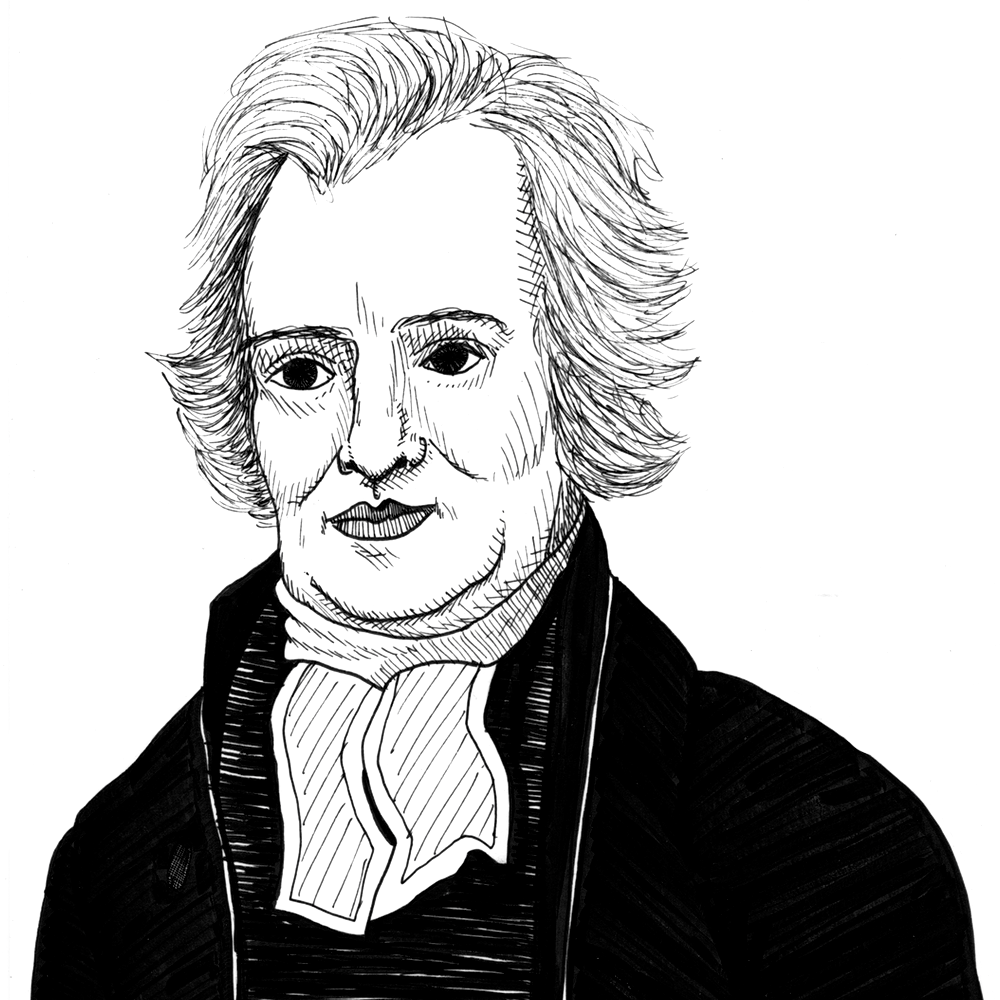
The 6th Day of Christmas: Vicesimus Knox on the Christian religion and peace on earth (1793)
Found in: The Works of Vicesimus Knox, vol. 6
The English anti-war minister Vicesimus Knox (1752-1821) reminded his parishioners in 1793 that the motto of Christianity was the exhortation from the gospel of Saint Luke “Glory to God in the highest, on earth peace, good will towards men”:
Religion & Toleration
This gracious proclamation from Heaven announces the great purpose of Jesus Christ, the promotion of piety to God and benevolence to man. It may indeed be called the motto of Christianity. It may form the inscription on its unstained banners, as it advances in its progress, endeavouring to diffuse the blessings of perpetual peace and universal love….
Peace on earth! Alas where is it? amid all our refinement in the modes of cultivated life, all our elegant pleasures, all our boasted humanity, war, that giant fiend, is stalking over empires in garments dropping with the blood of men, shed by men, personally unoffended and unoffending; of men, professing to love as brethren, yet cutting off each other from the land of the living, long before the little time allotted them by nature is elapsed; and increasing beyond measure, all the evils to which man is naturally and morally doomed, at the command of a narrow shortsighted human policy, and an ambition which, considering the calamities it causes, I must call accursed.
The shades of the picture are black as death, the colouring of blood. No; not all the arts of politicians can veil its shocking deformity, from any eyes but those of the vulgar; the vulgar, I mean, rich as well as poor, titled as well as untitled, swaying sceptres or wielding a spade. By all but the vulgar and the creatures of despotism, offensive war, with all its pompous exterior, must be deprecated as the disgrace and calamity of human nature….
Oh war! thy blood-stained visage cannot be disguised by the politician’s artifice. Thy brilliant vestments are to him who sympathizes with human woe in all climes and conditions, no better than sable mourning; thy melody, doleful discord, the voice of misery unutterable. Decked, like the harlot, in finery not thine own, thou art even the pest of human nature; and in countries where arbitrary power prevails, the last sad refuge of selfish cruel despotism, building its gorgeous palaces on the ruins of those who support its grandeur by their personal labour; and whom it ought to protect and to nourish under the olive shade of peace….
If the Christian religion in all its purity, and in its full force, were suffered to prevail universally, the sword of offensive war must be sheathed for ever, and the din of arms would at last be silenced in perpetual peace. Glorious idea!…